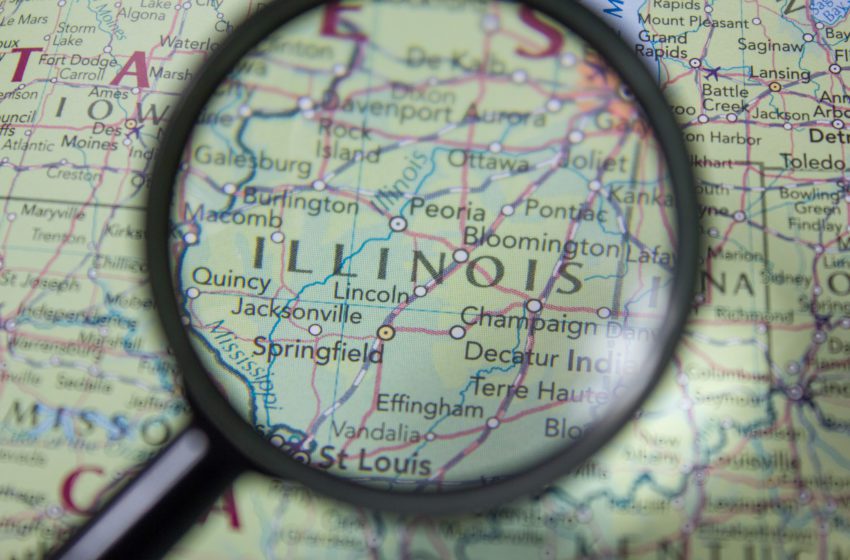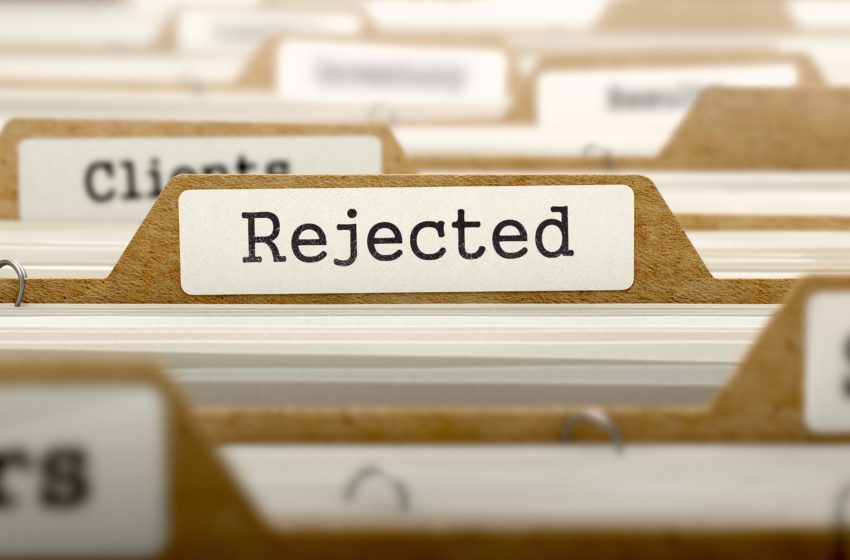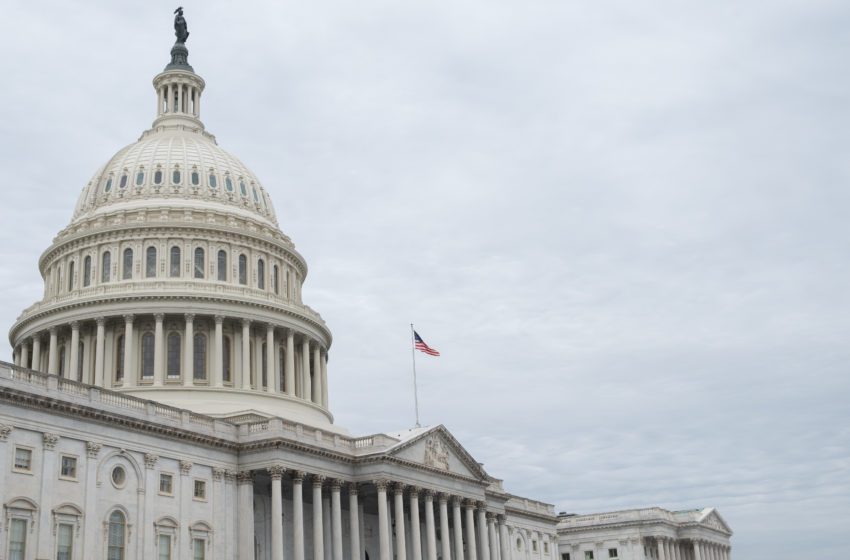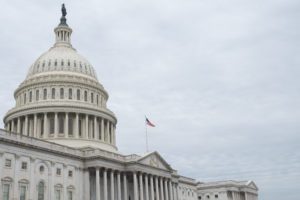Costa Rican lawmakers this week approved in a second debate a bill that will the ban the use of vaping products such as e-cigarettes in public spaces. The bill, Project 21.658, passed with 33 votes in favor and seven against. Seventeen deputies did not participate in the vote and the bill must still be signed into law and published in La Gaceta before it takes effect, according to the Tico Times.

In addition to banning vaping in most public spaces, the bill also sets the grounds for the country to implement a tax on vaping devices and accessories, such as coils and e-liquids. The Health Ministry endorses the bill, which was first introduced prior to the coronavirus pandemic.
“I think this project is extremely important for the country. It has the full support of the Ministry of Health,” a lawmaker supporting the bill said. “It is completely in line with the health alert we already issued regarding the use of vaping devices, where we have even been very clear that there is no study that can show e-cigarettes are a smoking cessation therapy. On the contrary, we have to disincentivize the use of cigarettes and the use of vaporizers.”
The taxes would be allocated to the Costa Rican Social Security Fund (CCSS) and be earmarked for the treatment of diseases related to tobacco consumption.
The Red Nacional Antitabaco (RENATA) – National Anti-Smoking Network – expressed its satisfaction with the approval of the law. Nydia Amador, president of that organization, assured that the new regulations will give substantial support to the Ley de Control de Tabaco (Tobacco Control Law).
“It is important to consider the vulnerability of all consumers of tobacco products, including electronic devices or vapers, to any disease of the respiratory system, since the first studies on the effects of the use of vaporizers and heated tobacco products show negative consequences for the lungs and the immune and cardiovascular systems,” said Amador.
RENATA also stated that vaping advocates “tried to confuse public opinion by claiming that vaping is 95 percent less harmful than tobacco use.”
Many organizations such as the United Kingdom’s Royal College of Physicians and Public Health England (PHE) have released studies that show vapor products have been scientifically proven to be 95 percent less harmful than cigarettes and related tobacco products. This is supported by the U.S. Academies of Science which has also found that e-cigarettes have a lower harm profile compared to their combustible competition.


















